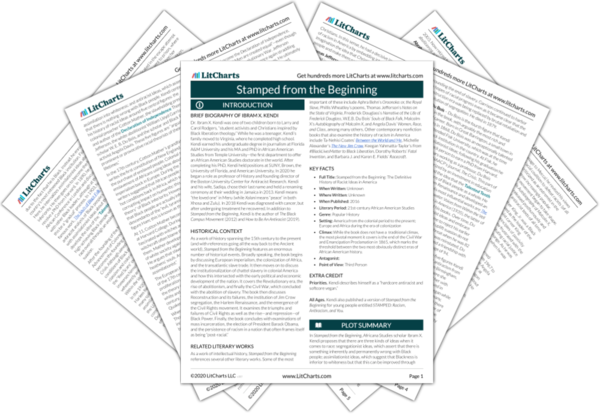Abraham Lincoln was the 16th president of the United States, remembered by many as the “Great Emancipator” due to his issuance of the Emancipation Proclamation and Fourteenth Amendment, which banned slavery in the U.S. Originally a lawyer, Lincoln served as a Congressman before being elected president in 1861, serving for the duration of the Civil War. Lincoln was a moderate Republican and abolitionist who favored colonization (sending freed Black people to an African colony). Despised by enslavers, Lincoln also attracted the anger and frustration of abolitionists who claimed that he did not really care about Black people and initially thought he was not serious about ending slavery. Shortly after the Civil War ended and while he was still in office, he was killed by the Confederate assassin .
